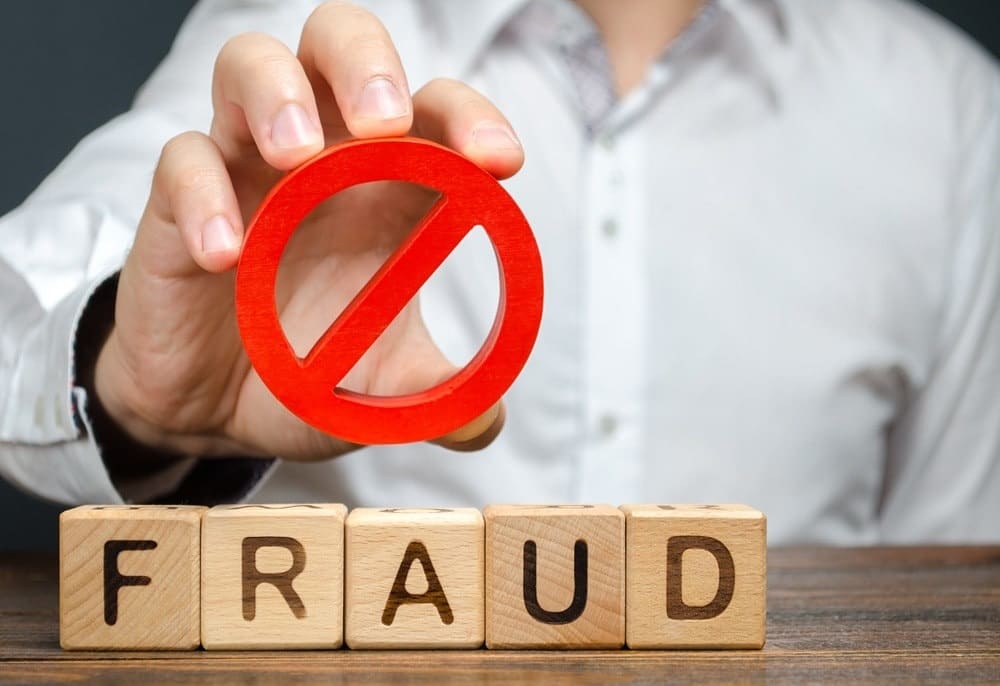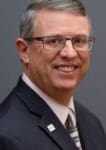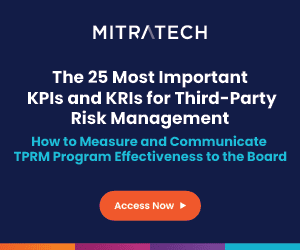Management accountants are on the front lines of fraud, and their skill sets make them ideal for fraud detection and prevention. Jeff Thomson, CEO of Institute of Management Accountants, expands on how these professionals can play an integral role in combating fraud.
Last month, the Association of Certified Fraud Examiners (ACFE) sponsored International Fraud Awareness Week in what the organization described as a “global effort to minimize the impact of fraud by promoting anti-fraud awareness and education.” For companies, fraud awareness and prevention are matters of high financial – and reputational – stakes. The ACFE’s annual “Report to the Nations” revealed several startling statistics following its 2018 study, which involved analysis of 2,690 cases of occupational fraud in 125 countries and across 23 industries:
- Fraud cost surveyed companies more than $7 billion in total losses.
- The median financial loss per case was $130,000.
- 22 percent of fraud cases involved losses exceeding $1 million.
- The median duration of a fraud scheme was 16 months.
- 40 percent of fraud cases were discovered through tips; only 15 percent were discovered through internal audit, and just 13 percent through management review.
The numbers involved here are substantial, and so is the cost to a firm’s reputation for competency and reliability. Fraud not only siphons money away from a business directly, but can also result in investors withholding capital and may reflect poorly on senior managers who are accused of not doing enough to guard against fraud in the first place.
So, how does a company ensure internal due diligence to ensure that fraud schemes are either stopped early or prevented? The last finding listed above from the ACFE report provides some insight as to where senior managers should direct their energy. The most common source of fraud detection is employee tips, but ideally, companies shouldn’t have to rely on such warnings. Instead, they need to strengthen their ability to detect and report fraud through internal controls and risk management practices, and in doing so, instill a corporate culture that deters attempts to swindle the company. The CFO team plays a leadership role in the fight against fraud, with its emphasis on reputation management, risk management and internal controls.
And in particular, companies should recognize the unique role management accountants can and should play in the fight against fraud:
Their Skills are Ideal for Fraud Detection and Prevention
Management accountants on the CFO team play a major role in detecting and preventing corporate fraud with their unique skills and emphasis on data analytics, technology, risk management and internal controls. They also play a role in establishing a culture where there is zero tolerance for unethical behavior, through policies, practices and training. In short, the management accountant takes a “big picture” view of any risks that could impact an organization’s reputation, from culture to controls.
Their Practices and Frameworks Can Combat Fraud
Beyond the broad competencies of management accountants offering defense against fraud and financial misconduct, there are concrete frameworks management accountants employ to find or prevent irregularities from being committed. Notably, management accountants utilize COSO’s Internal Control — Integrated Framework (ICIF), which details principles for effective internal controls over financial reporting, operations and compliance and COSO’s Enterprise Risk Management (ERM) framework. Upon releasing its revised ICIF framework in 2013, COSO introduced 17 principles of effective internal controls, equipping finance professionals with the tools they need to monitor potential fraud within organizations. One of the principles explicitly addresses the potential for fraud in assessing risks to the achievement of objectives in organizations. Additionally, COSO worked with the Association of Certified Fraud Examiners (ACFE) on its Fraud Risk Management Guide, a best practice guide for organizations to tackle fraud prevention.
These controls aim to prevent fraud stemming from the most common motivations, which research had indicated were as follows:
- Meeting market earning expectations
- Meeting internal earning expectations
- Concealing the company’s declining financial condition
- Increasing the company’s stock price
- Increasing management compensation through achievement of earnings per share (EPS) or other achievement measures
- Misappropriation of assets for personal gain
These insights into motivators of illegal or unethical behavior form a unique competency for management accountants, yet another way in which management accountants approach risk holistically.
They’re the Ethical First Line of Defense
But understanding the bad behavior of others is no guard against committing indiscretions yourself, and that is why the management accounting profession cultivates and instills a firm code of ethics that guides professional conduct. IMA, the global organization of accounting and finance professionals of which I am CEO, has made ethics education integral to its signature certification program for management accountants, the CMA (Certified Management Accountant). IMA also maintains a Committee on Ethics and has a Statement of Ethical Professional Practice that holds its members to the following standards:
- Maintaining an appropriate level of competence
- Applying accepted rules of confidentially
- Behaving with integrity
- Communicating with credibility
By paying attention to ethics in statements, curricula and other educational materials, the management accounting profession ensures that such concerns remain at the forefront of practitioners’ minds and consideration in everything they do, making stewardship of good conduct within an organization key to the management accountant’s role. And ultimately, an ethical corporate culture, beginning with the finance function, is the first and strongest line of defense against misconduct by both individuals and companies. Nothing less than an organization’s hard-earned reputation is on the line. Stakeholders are counting on us!



 Jeffrey C. Thomson, CMA, CSCA, CAE, is President and CEO of IMA (
Jeffrey C. Thomson, CMA, CSCA, CAE, is President and CEO of IMA (




